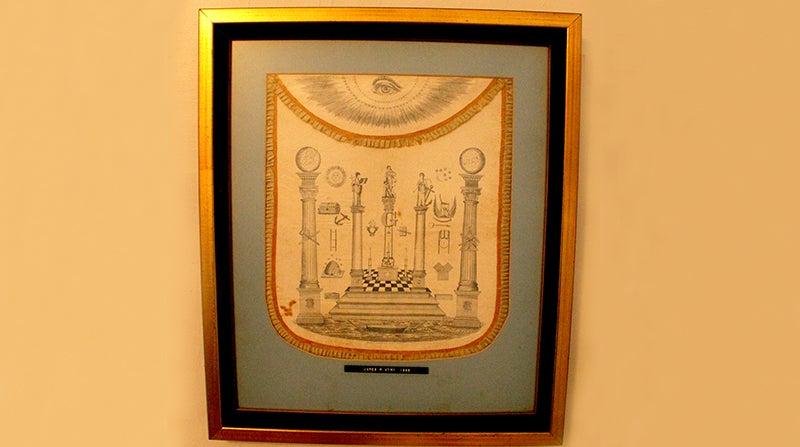‘Light Up the Night’
Published 9:45 am Thursday, May 19, 2016
MURFREESBORO – For those who have followed the story of Henry Hodges over the course of his young life understand that he has endured more than his fair share medically.
The good news is that little Henry is strong and looking ahead at life.
Hodges was diagnosed with a brain tumor in June of 2012. May is Brain Tumor Awareness month and with that, the Hodges family and friends are “Going Gray in May” to show their support and to raise money to support brain tumor research.
“Henry is now three years out of treatment,” said his mother, Melissa. “It is our goal now to raise as much awareness as we can for childhood cancer and brain tumors in order to support research that will one day find a cure for these devastating diseases.”
In honor of Henry’s battle, as well as others diagnosed with brain tumors, the Hodges/Parker family is hosting “Light Up the Night” on Friday, May 20. It’s a one-mile walk in Murfreesboro to honor and remember all those affected by brain tumors. The route will start on the front lawn of the Hodges family home at 115 Jay Trail and follow the main Jay Trail loop.
Registration will begin at 7:30 p.m. with the walk starting 30 minutes later. Registration is $5 per person with all proceeds going to the Pediatric Brain Tumor Foundation. If you cannot attend, but would like to make a donation, please contact Catherine Parker atcparker@rcchc.org or mail donations to Melissa Parker at 115 Jay Trail, Murfreesboro, NC 27855.
“We wanted to take this opportunity to both make you aware of this event and to invite you to participate with us. This event is open to the community and pre-registration is not required. Thank you so much for your support,” said Henry’s parents, Melissa Parker and Chris Hodges.
According to the American Brain Tumor Association it is estimated that more than 4,600 individuals between the ages of 0-19 will be diagnosed with a primary brain tumor this year. Malignant brain tumors are the most common cause of cancer-related deaths in adolescents and young adults aged 15-39 and the most common cancer occurring among 15-19 year olds.


